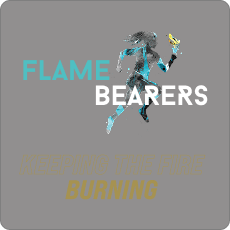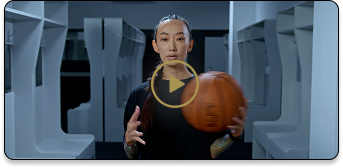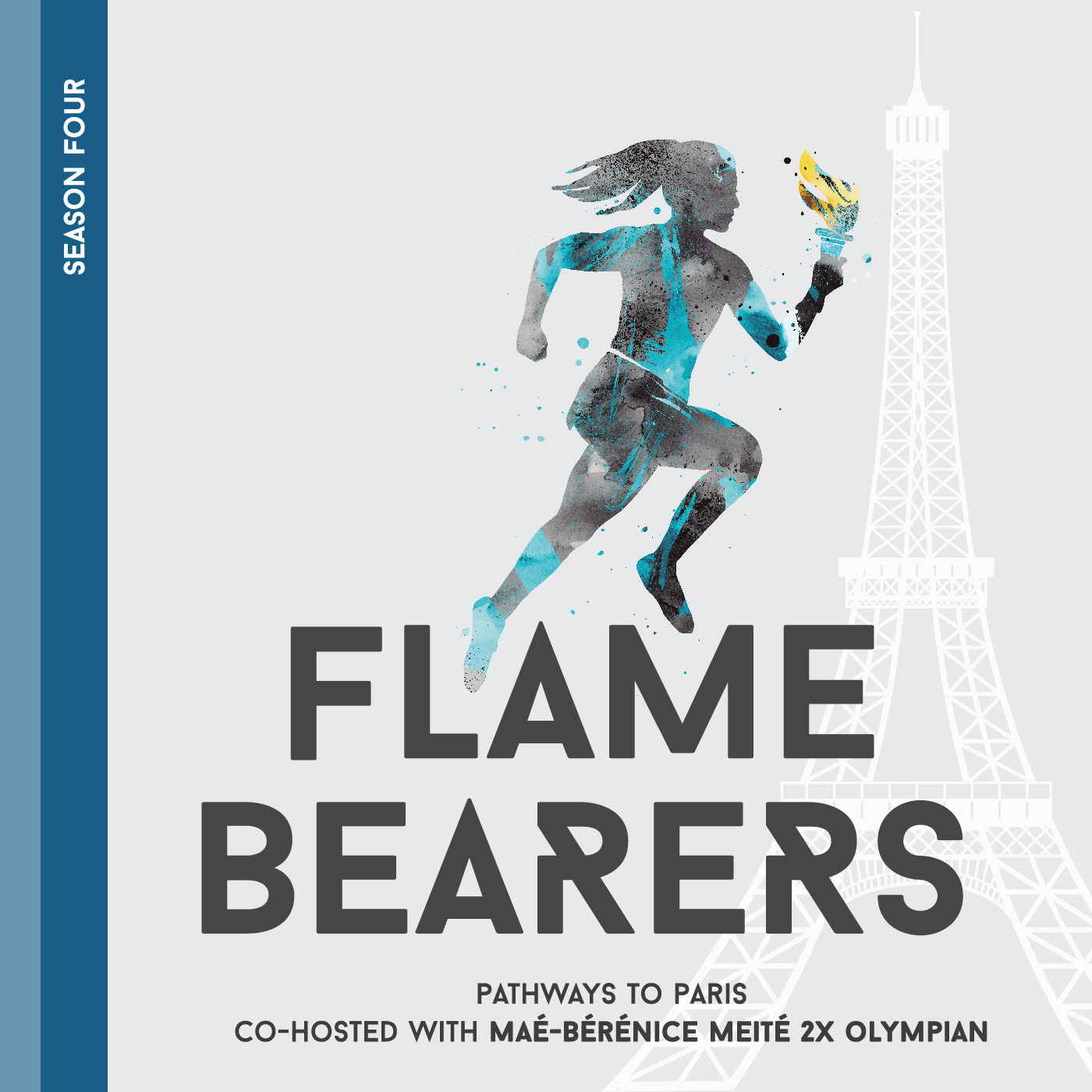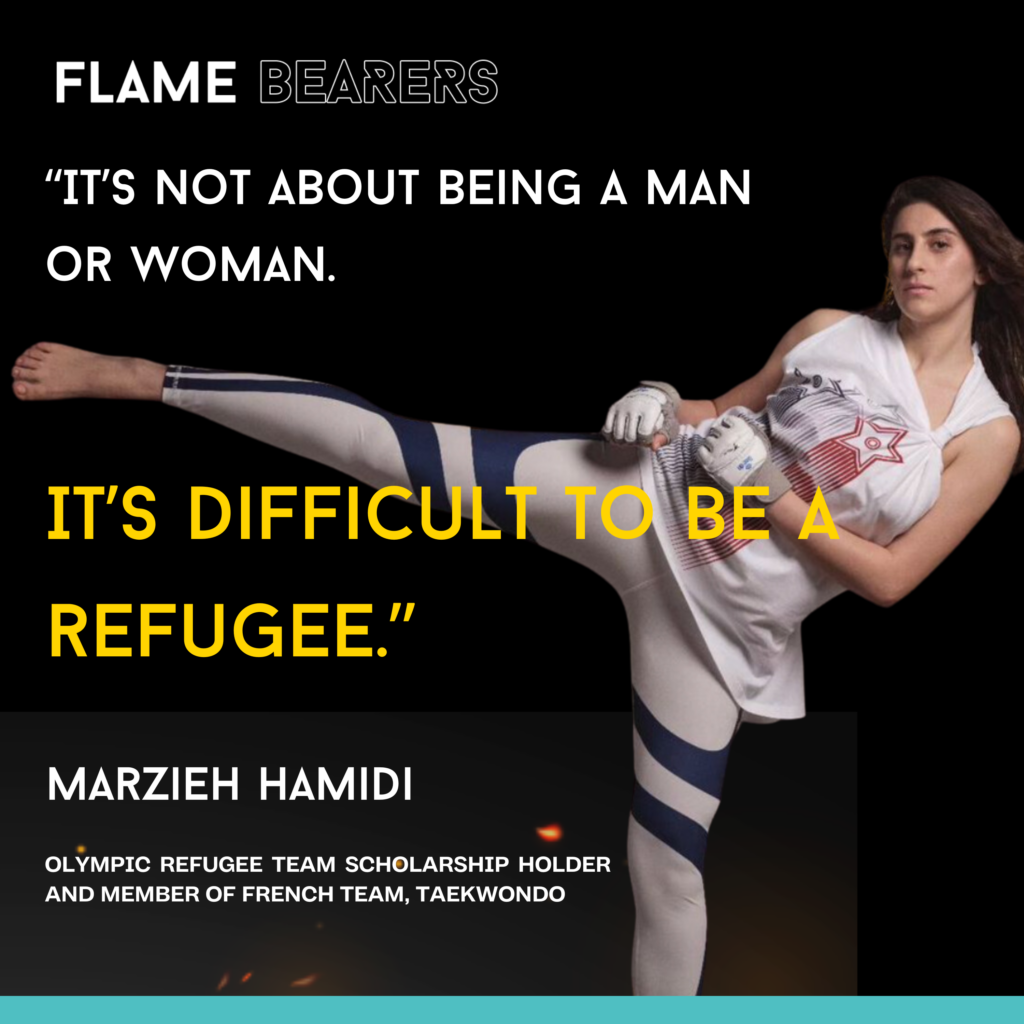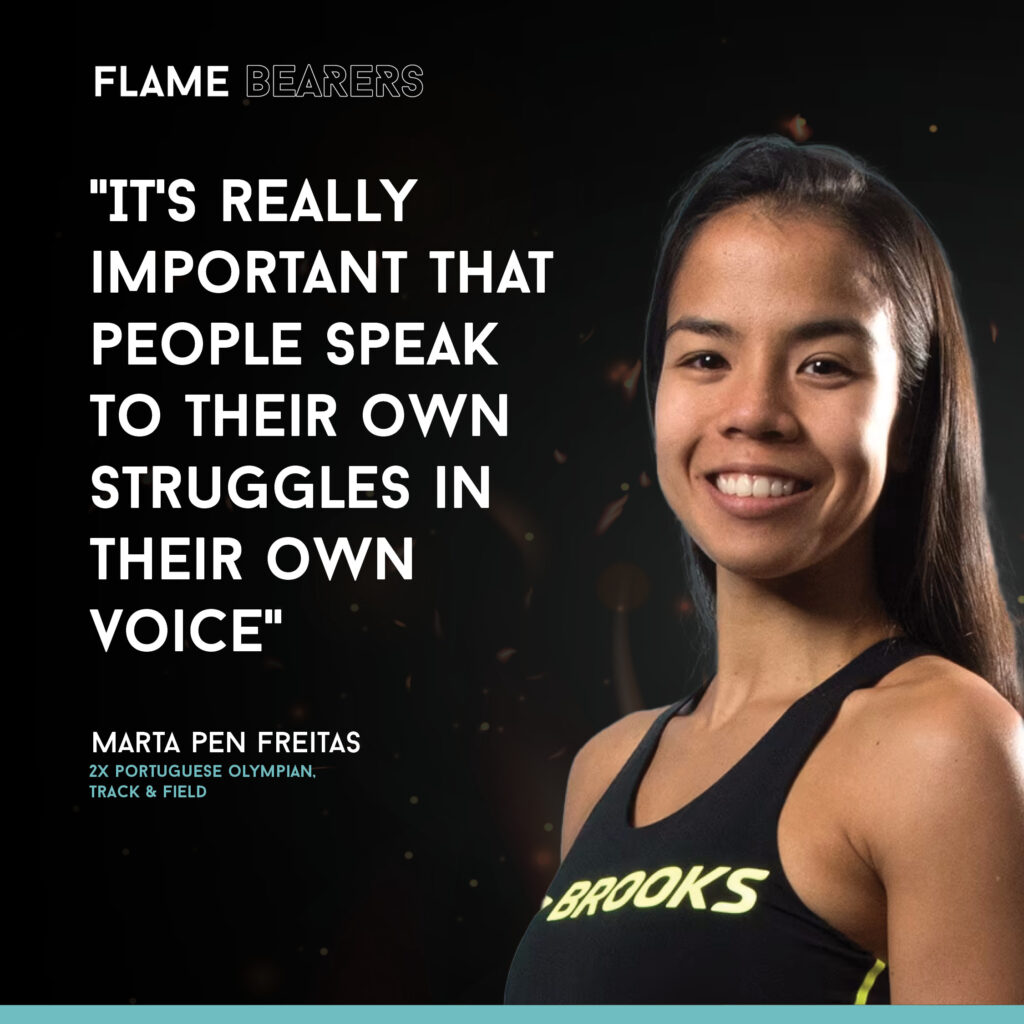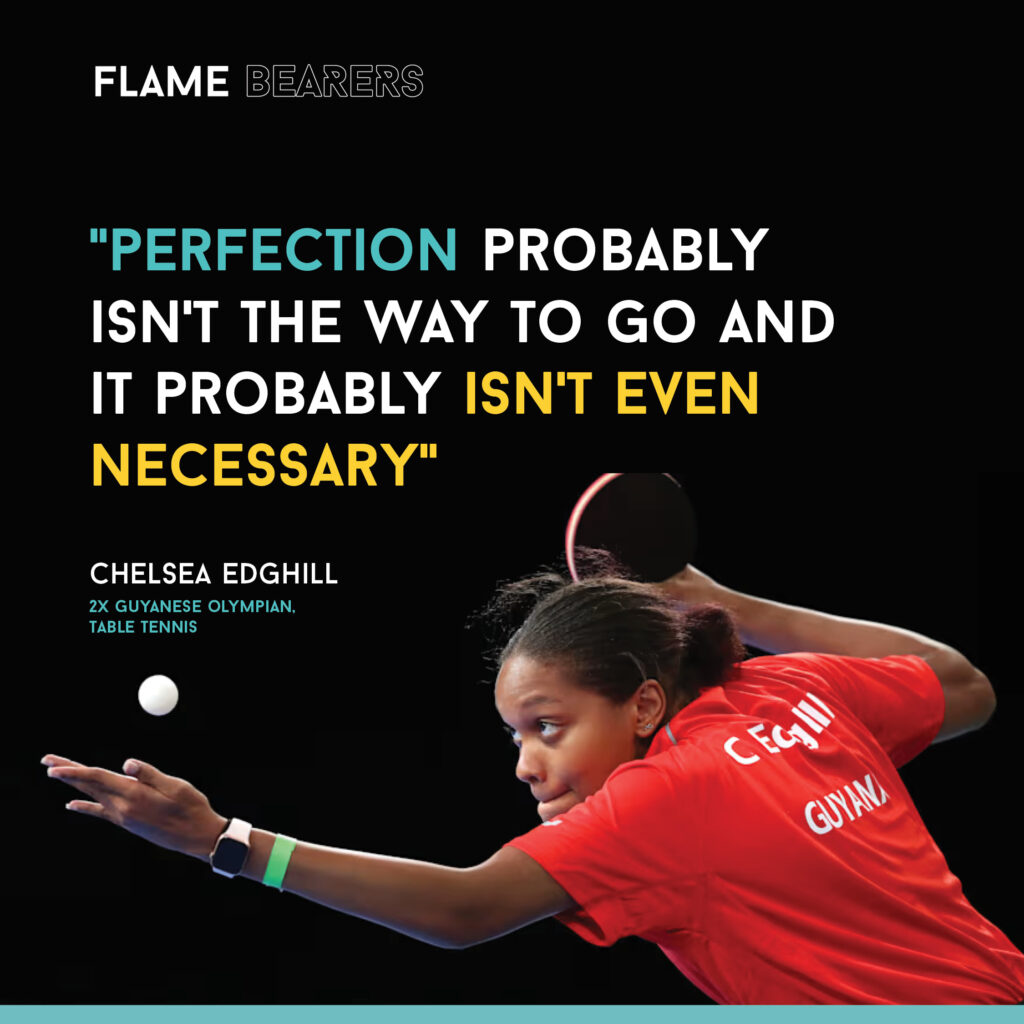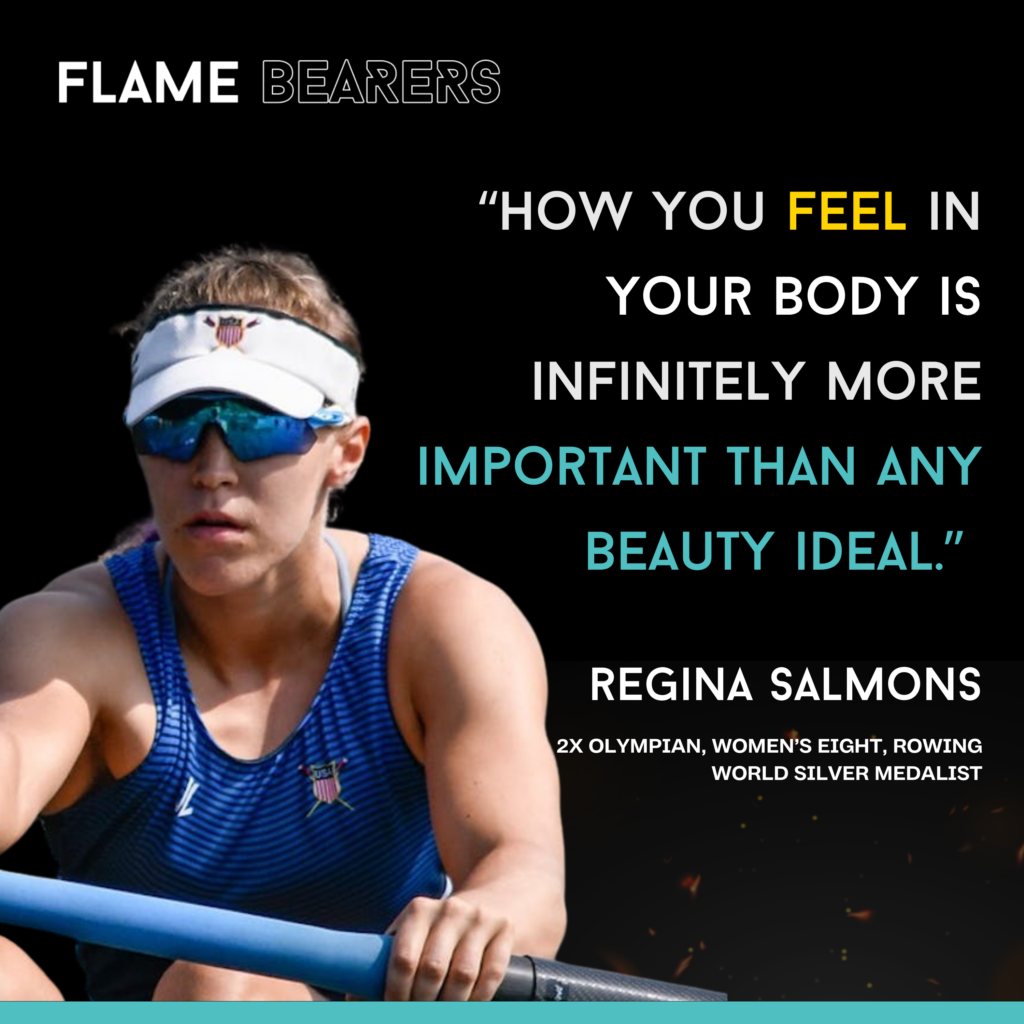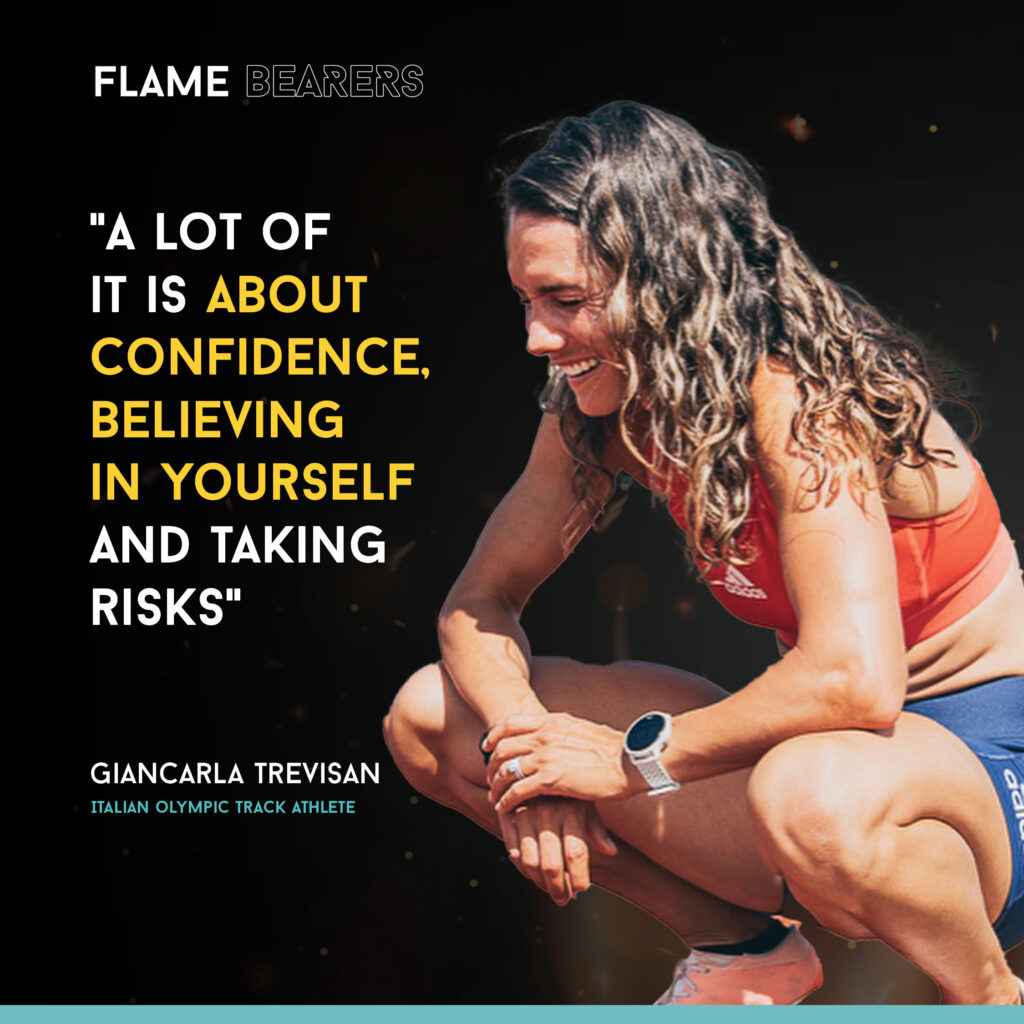Growing up, Claire was drawn to creative and artistic pursuits: piano and trumpet, drawing, reading. At 17, her life changed when she started experiencing mobility issues. Two years later she was diagnosed with dystonia, a neurological condition characterized by involuntary muscle contractions and spasms.
Claire found boccia at a local club, and credits Great Britain’s coaches with inviting her to a Talent Event in 2015 that served as a turning point in her career. During this event, Claire was selected to participate in the World Class Programme at Boccia UK, marking a dramatic increase in trainings per week (jumping from 1 to 4).
In Rio 2016, Claire made history becoming the first Boccia athlete from Northern Ireland to compete in the Paralympics. She went on to represent Great Britain in Tokyo2020(1), and becoming World Champion at the 2022 World Championships.
That said, there’s been a lot of ups and downs along the way and she shares about some of the challenges she’s faced as an athlete with dystonia. When we asked Claire what she wished she knew earlier, she was quick to point to the generations before sharing, “people who have already been through this experience are great foundations of knowledge that we can rely on.” She went further, encouraging young athletes to “find your community of people who will help and support you.”
Heading into her third Paralympics, Claire is hoping to “enjoy the experience as then I will play the best that I can.” When we asked her about her legacy and what she wants to be known she shares how “I want to be an inspiration for what I do on the boccia court.”
Episodes drop every Wednesday at 5am Eastern Standard Time through the Paralympics.
—-
Flame Bearers is the world’s first media and production company specifically illuminating the unsung stories of resilient women Olympians & Paralympians. We tell stories via podcast, video, and live events and are working towards a world where people feel more represented, empowered, and enlightened about the power of community.
Learn more on our website: flamebearers.com
Watch & subscribe to our YouTube channel to watch a video version of this episode ► / @flamebearers
Follow us on social media for exclusive behind the scenes content:
Instagram: /flamebearers
Facebook: /flamebearerspodcast
Linkedin: /flame-bearers
Tiktok: /flame_bearers
X: /flame_bearers

